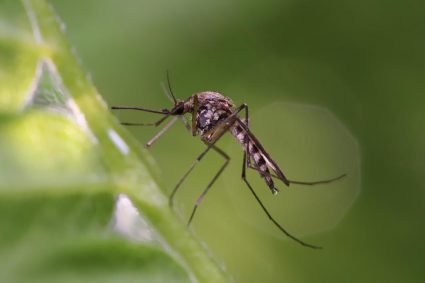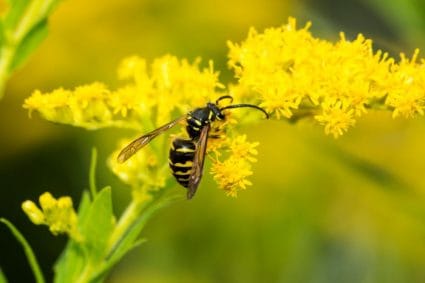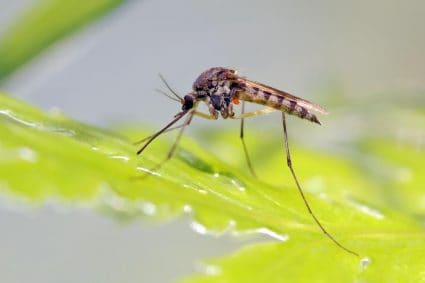
Cats are known for their curiosity and love for exploration. However, this curiosity can sometimes lead them to nibble on houseplants, such as peace lilies. While this may seem harmless, peace lilies are toxic to cats and can cause a range of uncomfortable symptoms. In this comprehensive guide, we’ll explore various methods on how to keep cats away from peace lilies.
To keep cats away from peace lilies, you can use several strategies. Firstly, place the peace lily in an area that is difficult for your cat to reach. You can also use natural deterrents like citrus peels or coffee grounds, or create physical barriers around the plant. Commercial cat deterrents and behavioral training techniques can also be effective. Remember to offer your cat safe alternatives to chew on, like cat grass.
Understanding the Attraction
Cats may be drawn to peace lilies due to their long, glossy leaves that provide an appealing texture for them to chew on or play with. Additionally, the height of the plant may offer a sense of security for the cat. However, peace lilies contain microscopic needle-like crystals called insoluble calcium oxalates, which can cause tissue penetration and irritation in the mouth and gastrointestinal tract when ingested.
Dangers to Cats
Symptoms of peace lily poisoning in cats include severe burning and irritation of the mouth, lips, and tongue, difficulty swallowing, vomiting, and excessive drooling. In very rare cases, swelling of the upper airway may occur, making it difficult for the cat to breathe. If your cat has ingested any part of a peace lily, it is crucial to contact your veterinarian immediately.
Strategies to Keep Cats Away from Peace Lilies
Placement
Place the peace lily in an area that is difficult for your cat to reach, such as on a high shelf or in a room where the cat is not allowed.
Use Natural Deterrents
Cats dislike the smell of citrus and coffee grounds. Add orange peels or coffee grounds to the soil around the peace lily or spray a mixture of apple cider vinegar and water on the plant.
Unpleasant Surfaces
Place an unpleasant surface, such as tin foil or a plastic carpet protector, under the peace lily pot to deter your cat from approaching the plant.
Physical Barriers
Set up a physical barrier, like garden netting, around the peace lily to prevent your cat from accessing the plant.
Redirect Attention
Offer your cat alternative plants to chew on, such as cat grass, which is grown from seeds like barley and wheat.
Commercial Cat Deterrents
Commercial cat deterrents can be effective in keeping cats away from peace lilies. Citrus-based repellents, for example, can be useful as cats tend to have an aversion to citrus scents. Other deterrents include sprays, adhesive tapes, and mats that deliver a mild static shock upon contact.
Behavioral Training Techniques
Use clicker training to teach your cat to stay away from the peace lily by rewarding them for staying away from the plant and redirecting their attention to other activities.
Conclusion
Keeping cats away from peace lilies can be a challenging task, but with patience and the right techniques, it can be achieved. Remember, the health and safety of your pet should always be a priority. If you suspect your cat has ingested a peace lily, contact your veterinarian immediately.
Frequently Asked Questions
Are all parts of the peace lily toxic to cats?
Yes, all parts of the peace lily, including the leaves, stem, and flowers, contain the toxic insoluble calcium oxalates and can cause harm to your cat.
How long after ingestion of a peace lily will symptoms appear in a cat?
Symptoms of peace lily poisoning can appear almost immediately or within a few hours after ingestion. If your cat has ingested any part of a peace lily, it is crucial to seek veterinary help immediately.
Can peace lilies harm other pets besides cats?
Yes, peace lilies are also toxic to dogs and can cause similar symptoms. It’s best to keep peace lilies out of reach of all pets.
Besides peace lilies, are there other common houseplants that are toxic to cats?
Yes, several common houseplants are toxic to cats, including but not limited to, lilies of all types, English Ivy, Pothos, Dieffenbachia, and Philodendron. It’s essential to research the safety of any houseplants you may have if you own pets.
Are there signs that my cat has been chewing on my peace lily?
You may notice bite marks or missing pieces on the leaves of your peace lily if your cat has been chewing on it. Additionally, if your cat shows symptoms like excessive drooling, pawing at the mouth, or vomiting, they may have ingested part of the plant.











